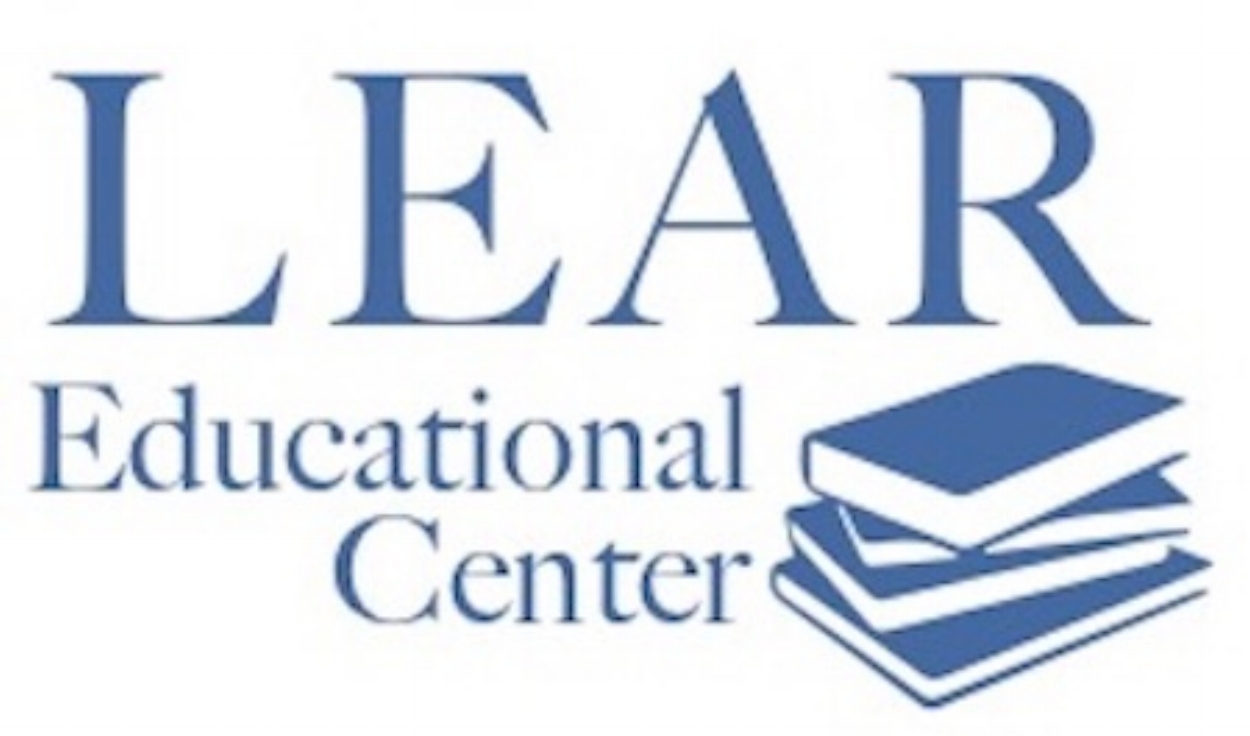Learning and Life Skills Rewards with Martial Arts, Bicycles, Making Music, and More
/Most youngsters are highly motivated to participate in activities which hold their interest. Sometimes they need a nudge, and, once they get started and learn just a bit, they are encouraged to continue. Motivation grows stronger as competence and confidence grows. Even the shy children and the ones reluctant to be competitive have many rewarding individual activities from which to choose. Great!
In addition to having fun, youngsters gain in self-esteem, confidence, learning skills, ability to focus, self-discipline, motor skills, visual-spatial skills, memory, organizational skills and flexibility as they engage in activities. Children also become more imaginative and creative when they set aside the cell phone and the computer, shifting their interest into building their own strengths while they engage in an action activity or develop an artistic talent.
Most activities teach children the power of mind over body as they successfully use their attention, patience and perseverance to develop coordinated motor skills, knowledge and techniques toward a goal. They learn to appreciate what they can accomplish when they direct their energy toward a chosen, attainable achievement.
Balancing on a bicycle, shifting weight to round a curve or avoid an obstacle develops the child’s mind and body coordination skills. Learning the basic bicycle parts, their functions and maintenance, will give him an extra appreciation of how he powers, controls and guides it. Learning the rules of safety, including the need for a helmet and knowing the rules of the road is necessary. Concentrating on his bicycle riding while being acutely aware of all that is around him is vital. Until this ability is developed, riding should be done in a traffic-free area, such as in an empty parking lot or park.
Using hand eye coordination to hit a baseball, a ping pong or tennis ball, predicting the path of the ball and adjusting to meet it not only enhances visual-spatial skills but it also builds flexibility and quick reactions. Learning the rules of a sport increases the child’s willingness to participate on a team or in a competition.
Running requires coordination, an awareness of what’s on the path ahead in time to avoid a fall as well as being alert to what is happening all around the runner. This calls for sharp peripheral vision while briefly shifting between looking down and looking up. The keeping one’s focus on the distance goal while maintaining awareness of surroundings and running full speed ahead at the same time requires practice. Beginning with a properly postured slow pace, proper shoes and a clear running path is advisable. The sense of physical well-being promoted by running as well as the awareness of accomplishment, increasing endurance and skill often motivates the individual runner to join a team, run in a marathon or competition. Feeling good about the ability to run is a special bonus for the shy child or the one who is reluctant to join a team.
Judging the position and force a player needs to sink a basketball while dribbling or moving about reinforces his ability to control focus, his flexibility to shift and pause in order to get set in addition to visual-spatial coordination and strength in shooting the ball into the basket. Doing all this while being aware of the movement around him is developing and practicing skills to be used each day of his life while walking down a street, driving a car and more.
Following directions, controlling attention and performing specific movements in martial arts while learning at his own pace toward the next level of achievement is intensely rewarding for a youngster. Donning the martial arts garb helps him to see himself as successful in his new endeavor. As he thoroughly masters each part of the learning in sequence, he develops the desired flow of action. That’s a reward in itself and most often a different colored belt or other sign of progress is also awarded.
Expressing creativity, developing imagination and improving eye-hand coordination while learning to paint or make a craft project gives the child a cherished keepsake and reinforces the benefits of following through until completion as well as bringing order, beauty and purpose to miscellaneous materials. He very well may begin to see potential creations in all sorts of odds and ends, to invent new uses for otherwise cast-off objects, to be more observant of the objects in his environment, paying more attention to detail.
Swimming is essential for safety when around water and should be learned at a young age. Swimming also builds muscles, promotes overall health and self esteem. Endurance and strength grow measurably with practice, providing both motivation and an awareness of achievement. The confident and strong swimmer may decide to compete or to take courses in life saving so as to be prepared to rescue those in need.
Learning to play a musical instrument, paying attention during a lesson, recalling the instructions, practicing in order to be ready for the next lesson – all this will be met with positive reinforcement of the self-discipline and increased self-esteem from clear evidence of progress. Playing a musical instrument also develops dexterity and movement control as well as memory. Reading music and relating a note to the position of the fingers on the instrument as well as the length of time each note is to be held while getting ready to play the next note enhances learning skills, reading skills, attention and focus, visual acuity, coordination and much more. As the note to finger placement action and timing becomes automatic, much like typing, the student will develop a rewarding flow in playing a song. He’ll be able to entertain others as well as himself, encouraging self-confidence for increased social interaction.
Many activities initially focus on individual growth. As the child progresses in skill and in self-confidence on his own course, he may choose to join a group, a team, a band. The increased self-esteem gained in the individual study is of special benefit in providing the shy child with the courage to interact with others and perhaps to engage in competition with others. The development and the practice of the learning skills, behaviors and strategies gained through activities also boosts the child toward his learning potential in scholastic subjects. Fully knowing that achievement is possible helps create a positive momentum for success.



































